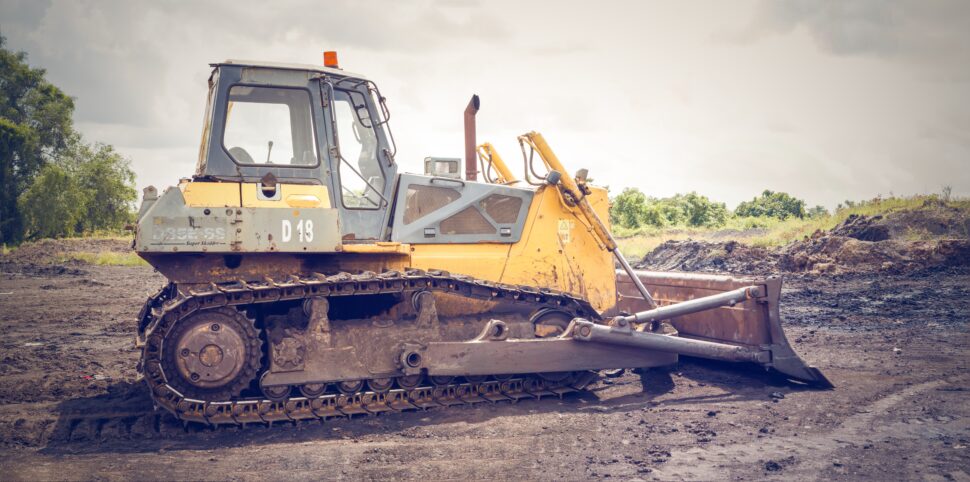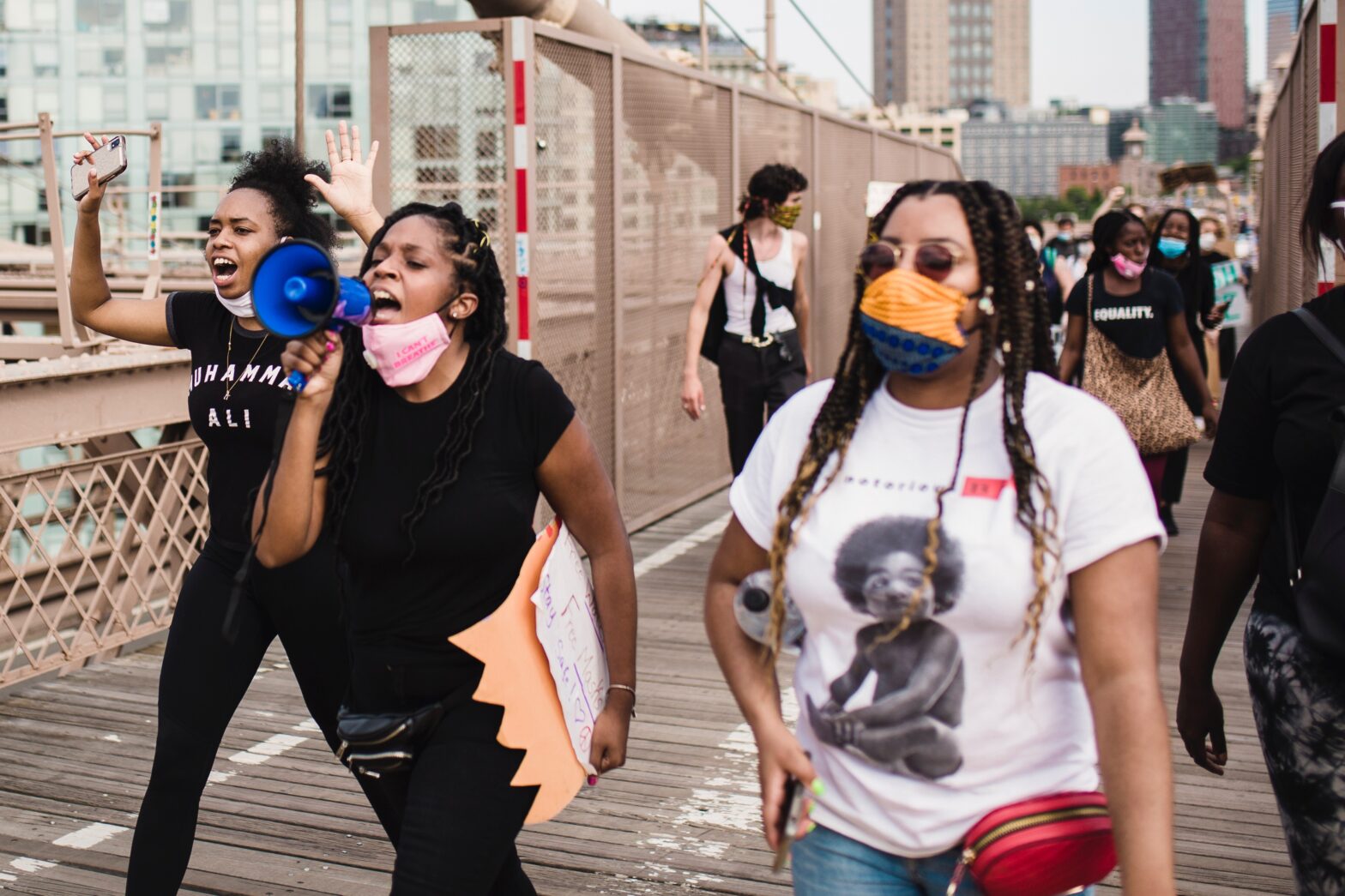Imagine leaving home for work only to return and see your house has been bulldozed away. This is exactly what happened to Black and Latino residents in Palm Springs, CA in the 1950s. Now, their descendants are seeking reparations for the displacements, destruction, and despair endured by their ancestors.
Like many other minority neighborhoods across the United States, communities in Section 14 of Palm Springs were intentionally annihilated as a result of systematic racism. Originally, the 6,700 acres of land was a part of the Agua Caliente Band of Cahuilla Indians. The limitations on leasing in the area made it unappealing to developers. However, many people of color settled on the land and begin to build a community removed from discrimination and racism.
As Section 14 begin to blossom, local officials began plotting against the communities as early as the 1940s, according to the Los Angeles Times.
“I’ll never forget the cowardice of the act of our family being displaced, herded off like cattle and sheep, having to move from house to house,” Delia Ruiz Taylor told the Los Angeles Times.
Government officials knew early on they wanted to stop the development of hotels, attractions, and businesses that would cause Section 14 to thrive and grow. When residents of color were allowed to renew their leases, the city ruled them as being “incompetent” and appointed guardians, including the mayor and police department, to preside over the residents’ real estate affairs.

It wasn’t long before they began destroying the community one building at a time. When residents left for work and school, the fire department would bulldoze down their homes.
Former Section 14 resident Pearl Devers told The Times the “city-engineered holocaust” of Section 14 tore her family apart. Her father had built their home in Section 14 with his hands from the ground. After it was destroyed, he was no longer able to provide for his family and turned to alcohol to cope with the destruction of the life he’d built. Devers said he struggled with alcoholism until his death.
“He just drank himself to death,” she said. “He was a real hard worker, a good provider. It was just really hard to watch him go down like that because he couldn’t provide for his family.”
In 2021, the city of Palm Springs issued an apology for the injustices in Section 14 following former residents and their descendants filing claims for over $2 billion in reparations. The claimants accuse the city of robbing nearly “2,000 families of political power and generational wealth”.
So far, the descendants of those displaced at Section 14 are awaiting an update from the city. The L.A. Times reports cite that the city is seeking a reparations consultant to aid in negotiating a settlement.





